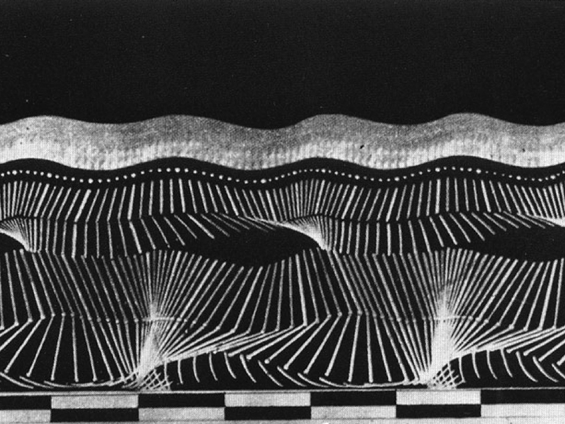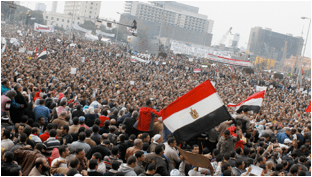Organizing Innovation

My undergraduate lecture course examines major innovations in organizations and asks whether innovation itself can be organized. We study a range of forms of organizing (e.g., bureaucratic, post-bureaucratic, and open architecture network forms) in a broad variety of settings: from food systems to the military-entertainment complex, from airline cockpits to Wall Street trading rooms, from engineering firms to megachurches, from improv comedy to PowerPoint demonstrations, from scientific management at the turn of the twentieth century to collaborative filtering and open source programming at the beginning of the twenty-first.
Economic Sociology

Download Syllabus 2020
Diversity and Performance
Download Syllabus 2021
Networks of Cognition in Markets and Teams
Download Syllabus 2022
Algorithmic Management: Organizational and Societal Effects
My graduate seminar in Economic Sociology questions the disciplinary division of labor in which economists study value and sociologists study values; and it rejects the pact whereby economists study the economy and sociologists study social relations in which they are embedded. What matters, who counts, and with what kinds of measures and metrics? In addition to studying how tools count in measuring performance, we also study economic activity as skilled performance.
The Organization of Diversity

This is a new seminar I’m offering in Fall 2020. The course examines diversity at the societal, organizational, and individual levels. At the societal level, for example: How to measure the health of an economy? Growth in GDP is the current dominant metric. But organizational diversity might be a better measure if health is understood as the ability to adapt to sudden changes in the environment. What is the relationship between wealth and diverse principles of worth? At the organizational level: Under what conditions does racial and gender diversity contribute to higher team performance? Can a complex organization be managed according to diverse principles of evaluation? Moving to the individual level, how do we manage the multiple presentations of self in a diverse society?
Economic Transformation in New Democracies

I offered this graduate seminar at Columbia’s School of International and Public affairs. It examined the relationship between democratization and economic transformation. It adopted a comparative perspective to examine efforts at democratization in Eastern Europe in 1989 and, most recently, in North Africa. Topics included: patterns of social mobilization (including communication technologies), forms of accountability, property transformation, transnational organizations, and the role of international contexts.